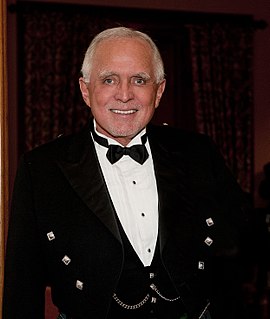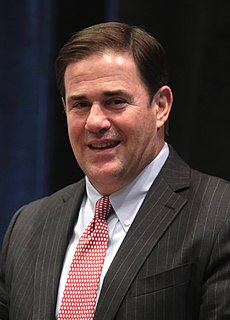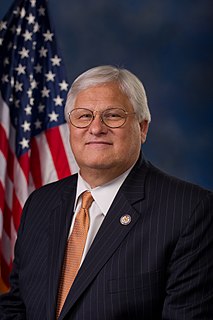A Quote by Randi Weingarten
There are essential elements for our public schools to fully develop the potential of both students and educators. They should be centers of community, where students, families and educators work together to support student success. They should foster collaboration.
Related Quotes
Apparently almost anyone can do a better job of educating children than our so-called 'educators' in the public schools. Children who are home-schooled by their parents also score higher on tests than children educated in the public schools. ... Successful education shows what is possible, whether in charter schools, private schools, military schools or home-schooling. The challenge is to provide more escape hatches from failing public schools, not only to help those students who escape, but also to force these institutions to get their act together before losing more students and jobs.
Our goal in Washington must not be to impose but to expect and assist: Expect the most of educators and students and assist them as they work together to meet those expectations. Rather than tightening our grip, we should set clear, ambitious goals and support innovative local efforts to achieve them.
In the field of education, educators know that they leave a lasting impact on their students for better or for worse. Trust is established or diminished in the classroom and very good educators understand that they are fallible. Despite their best efforts, they will not always do the best for each student.
I support charters, but the right kind of charters. I support charters that support kids who have the highest needs. A charter should be targeting students who are in serious trouble. It should serve students who didn't succeed in public schools when it can help them. Or, at least, charters should agree to accept similar proportions of the kids with the highest needs.
Numerous studies have shown that students of color achieve better educational outcomes when they have teachers of color in the classroom, and as our student body becomes more diverse we should be doing everything we can to reflect that diversity among the educators who are mentoring and inspiring our next generation of young people.
Learning should be engaging. Testing should not be the be all and end all. All students should have a broad curriculum that includes the arts and enrichment. Students should have opportunities to work in teams and engage in project-based learning. And student and family well-being should be front and center.
Pedagogy of the Oppressed resonated with progressive educators, already committed to a 'child-centered' rather than a 'teacher-directed' approach to classroom instruction. Freire's rejection of teaching content knowledge seemed to buttress what was already the ed schools' most popular theory of learning, which argued that students should work collaboratively in constructing their own knowledge and that the teacher should be a 'guide on the side,' not a 'sage on the stage.'




































